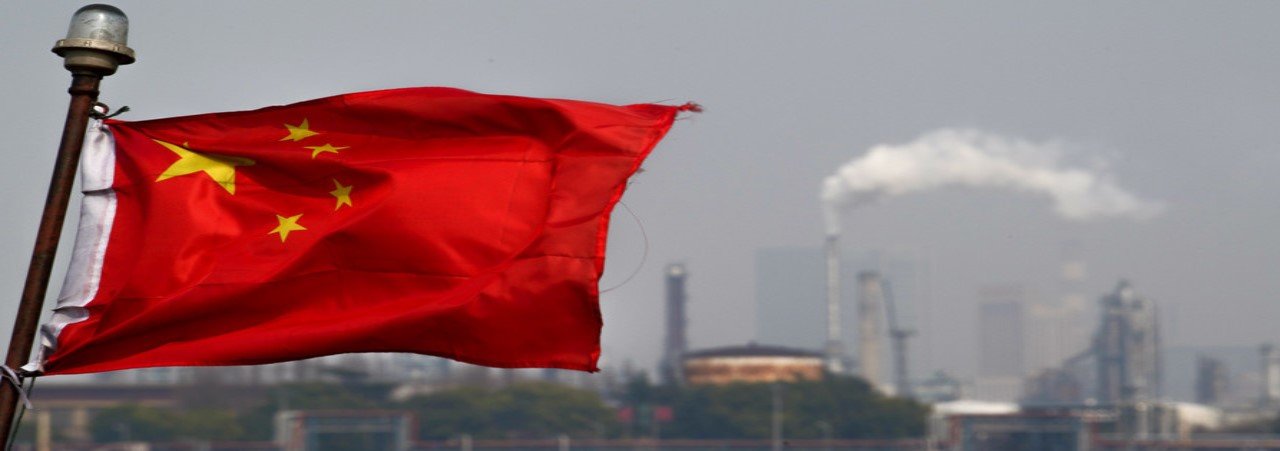

Mar
As mentioned in our article about stagflation risks in China and elsewhere, this phenomenon became (in)famous in the seventies and eighties over in the United States but other nations were anything but immune. In a nutshell, some countries found themselves in a bit of an economic predicament in light of the fact that they had a stagnant economy with a relatively high unemployment rate (a scenario which sounds rather deflationary), yet dealt with high inflation instead of the deflation economists had anticipated.
One of the top reasons was, in the opinion of quite a few experts, represented by oil price shocks brought about by geopolitical instability. More specifically, the 1973 OPEC embargo on the one hand and the 1979 Iran revolution (surely an interesting tidbit in light of 2020’s developments) on the other, both of which essentially leading to oil prices doubling within months. Others have alternative scenarios in mind, for example Milton Friedman who believed improper central banking policies were to blame.
Regardless, stagflation eventually stopped representing an issue.
Why?
It depends on whom you ask.
Some believe this was a result of the fact that as of 1979, Paul Volcker took over as the Federal Reserve Chairman and made decisions in line with Milton Friedman’s recommendations, whereas other experts point out that oil prices also went down a lot… with, of course there being the possibility and we would say even reasonably high probability of a more complex equation where both of these elements are in the spotlight. Welcome to the wonderful world of economics, where nothing is set in stone!
Fast-forward to the present and in 2020, we had issues such as the US – Iran tensions which generated quite a bit of fear (especially since they led to oil price spikes right from the beginning). This generalized fear was anything but unfounded, in light of the fact that many of the potential aces Iran has up its sleeve revolve around measures which affect oil prices, for example blocking the Strait of Hormuz (something we have analyzed through a stand-alone article which can be accessed by clicking HERE).
While the attitude of the United States should be more than obvious to anyone who has an Internet connection and/or follows mainstream media outlets, the same cannot be said about China, with opinions as to how it stands with respect to potential Iran-related oil shocks being all over the place: some experts believe China is more than content with the current state of affairs and willing to tolerate oil price shocks if this means the geopolitical position of the United States deteriorates in a meaningful manner, whereas others believe China cannot afford sustained oil price shocks.
The opinion of the ChinaFund.com team tends to be closer to the latter.
As explained on other occasions, China is not (yet) the number one game in town with respect to oil consumption, the United States still holds position #1. As far as oil IMPORTS are concerned, however, that changes. China represents the world’s #1 oil importer in light of the fact that its domestic production is only enough to account for roughly 1/3 of its needs at this point in time. Therefore, from the perspective of how dependent a nation is on oil imports, the position of China is verifiably more vulnerable than that of the US.
Does this mean China cannot “afford” oil price shocks?
It ultimately all depends on which timeframe we are referring to.
Would China be willing to tolerate short-term fluctuations if they come (as a package deal, if you will) with let’s say a meaningful deterioration of US relations with a major ally? Most likely.
If we look at the mid to relatively long-term picture, however, things are anything but rosy for China from this perspective. In an ideal scenario in which the economy of China were on more robust ground and its position as a safe haven jurisdiction clearly established, the equation would look a fair bit differently. That is, however, not the case. Not yet, at least.
GDP “growing pains” are more than obvious, as is the need of the Chinese economy to continuously evolve toward a more significant role for domestic elements and from a “risk-on” as opposed to “risk-off” perspective, no, China is most definitely nowhere near close enough to being considered a safe haven jurisdiction such as the Untied States, a jurisdiction scared investors flock toward whenever storm clouds appear to be gathering. On the contrary, it is still among the destinations investors are quick to flee whenever they suspect global economic pain is coming.
Moving on to the let’s call it “very” long-term perspective, it all depends on whether or not the market will finally grant China a safe haven status as well as whether or not China’s GDP growth sustainability will be properly tackled. Should that be the case, China will of course be resilient enough to withstand longer-term oil price shocks and under the right geopolitical circumstances, be willing to pay what now seems to be an unreasonably high price in exchange for the deterioration its adversaries’ geopolitical position.
For the time being and as a bit of a conclusion, let’s just say oil price shocks don’t exactly represent good news for China and Persian Gulf developments need to also be seen from this perspective, with China having more than enough economic reasons to act as a force which opposes instability in the regions it relies on for oil as well as other commodities. For a more in-depth perspective on how oil price shocks might impact you as an investor and/or your organization, the ChinaFund.com team is at your disposal. Simply get in touch by visiting the Contact section of our website and we will do our best to be of assistance.
